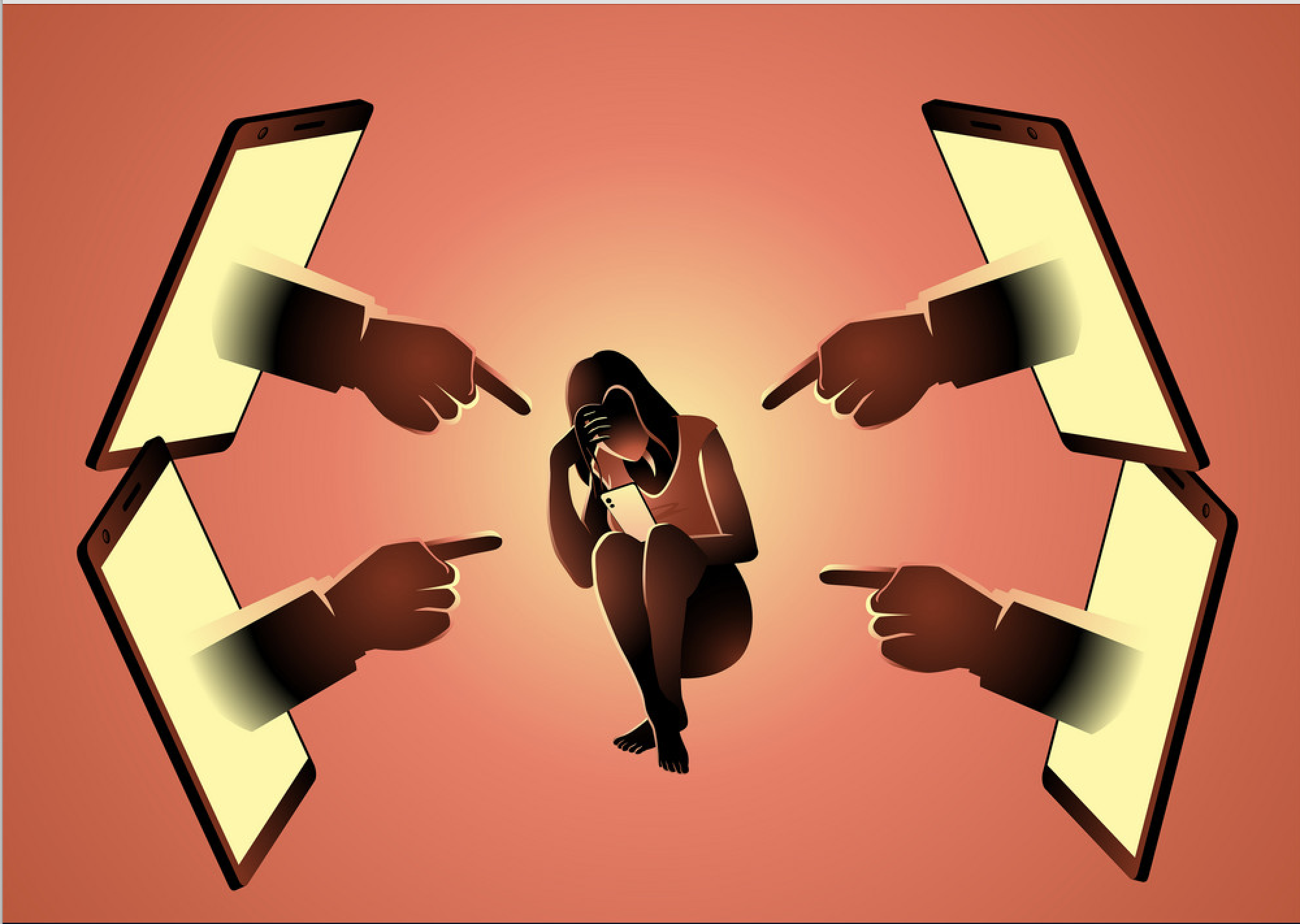Humans are social animals that require the company of others in order to develop in life. Thus, while being socially linked with others helps alleviate stress, worry, and sorrow, an absence of social interaction can pose major threats to one’s mental health. People’s everyday routines have recently been entwined with social media; several of them spend many hours every day on Whatsapp, Instagram, Twitter, and other prominent social media platforms.
As a result, numerous academics and scholars are investigating the influence of social media and apps on many areas of people’s lives. Social media has a self-reinforcing effect. It works by releasing dopamine, a “feel-good chemical” associated with enjoyable activities including drinking, eating, and social contact, into the brain’s reward region. The platforms are intentionally meant to be addicting.
Social media has indeed been linked to anxiety, depression, and sometimes even physical problems. People post content with the hopes of receiving good comments in order to increase their self-esteem and experience a feeling of connectedness and belonging in their social circles. When such material is combined with the framework of possible future reward, you have a formula for continuously monitoring platforms.
People often create comparisons while analyzing the social activity of others, such as “Did I receive as many likes as someone else?” or “Why didn’t this individual like my post, and this other guy did?” They’re looking for affirmation on the internet to substitute significant connections they could otherwise make in person.
Furthermore, social media may put a lot of pressure on people to create the stereotypes which others want to see and to become as famous as others. The sooner kids begin to use social media, the larger the influence the networks have on their mental health. Social media, in addition to providing the younger generation with a window by which to see missed events, casts a skewed lens on looks and reality. At a time when adolescent bodies are developing, social media platforms such as Facebook, Instagram, and Snapchat increase the probability of viewing unrealistic, filtered photographs.
Teens used to read publications that included manipulated images of models. These photographs are now only a thumb-scroll away at all times. And it isn’t just celebrities who look perfect. Filters and other editing tools allow everyone to look flawless, which can create severe anxiety in the minds of teenagers.
When a filter is given to the digital world, it may be difficult for adolescents to determine what is genuine and what isn’t, which comes at a tough time for them both physically and emotionally. Looking at a flawless version of other people’s lives, battling for likes, continuously pursuing social validation, having unreasonable expectations for people liking you, and making your life appear nice on social media all produce a lot of worry, stress, and pressure. Even adults are susceptible to comparing themselves, and feeling stressed out, burnt out, or hopeless owing to the massive amounts of information acquired via social media each day. Humans are not used to engaging with hundreds or thousands of people every day, and it may be psychologically draining for us.







